standard
Latest
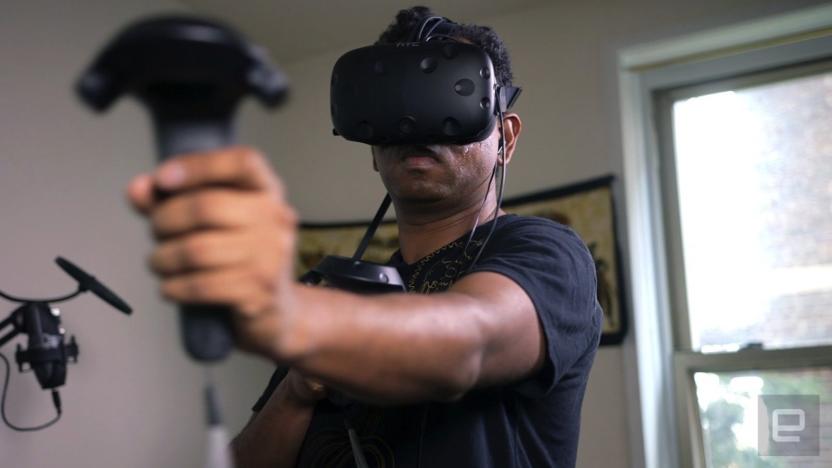
VR standard promises an end to headset connector headaches
If you've used a wired VR headset, you probably know the connector situation is inconsistent and messy: you frequently have to plug multiple cables into your PC, which is space consuming at best and potentially impractical if you have a laptop. That might not be quite such a thorn in your side if a handful of tech industry leaders have their way. AMD, Microsoft, NVIDIA, Oculus and Valve have unveiled VirtualLink, an open standard that would whittle VR headset connections down to a single USB-C cable. It would take advantage of the newer port format to deliver four lanes of DisplayPort video, USB data (for cameras and sensors) and 27W of power. It's optimized for VR, too, promising low lag and a highly optimized path that would enable the "next generation" of headsets.
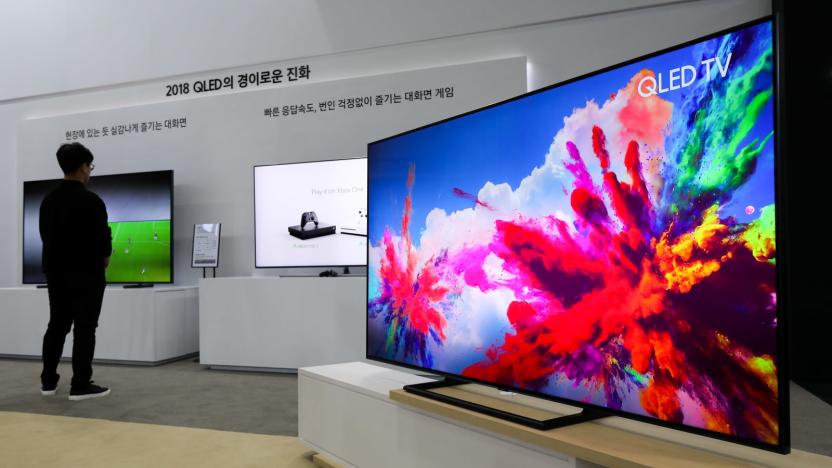
HDR10+ is one step closer to reaching your TV
Samsung, Panasonic, 20th Century Fox and Amazon are one step closer to giving Dolby Vision a run for its money. Companies now have easy access to the open, royalty-free HDR10+ standard thanks to a just-launched program that lets manufacturers prove TVs, monitors and other devices can handle the upgraded picture format. If the firms pass muster, they can slap an HDR10+ logo on their hardware to guide customers. The alliance didn't immediately line up partners that would go through this process, although it's safe to presume that Samsung and Panasonic will be first in line.
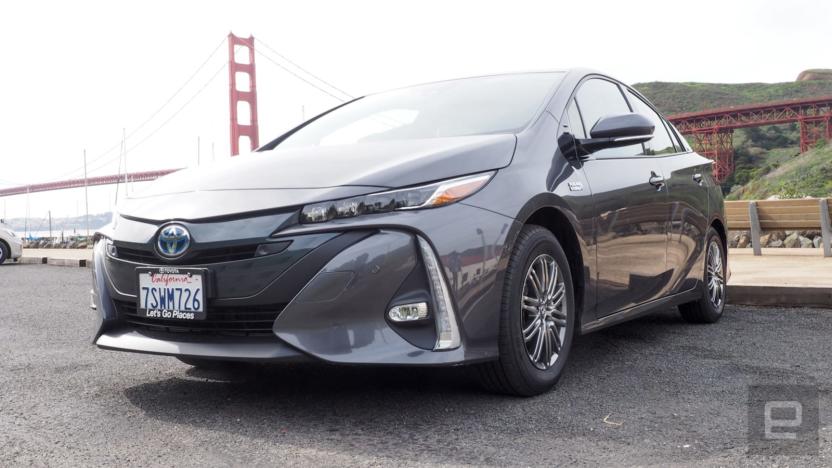
Court blocks Trump's delay of fuel efficiency penalties
The Trump administration's efforts to undo car efficiency guidelines just hit a major obstacle. A federal court has blocked a White House attempt to delay the implementation of a rule toughening penalties for automakers that don't meet national fuel efficiency standards. The measure (which was supposed to take effect in July 2017) raises the penalty rate by $8.50 for every tenth of a mile per gallon beyond the minimum fuel standard. The hope, unsurprisingly, was to encourage brands to hit Corporate Average Fuel Economy (CAFE) targets through 2025, reducing CO2 emissions and saving drivers money.
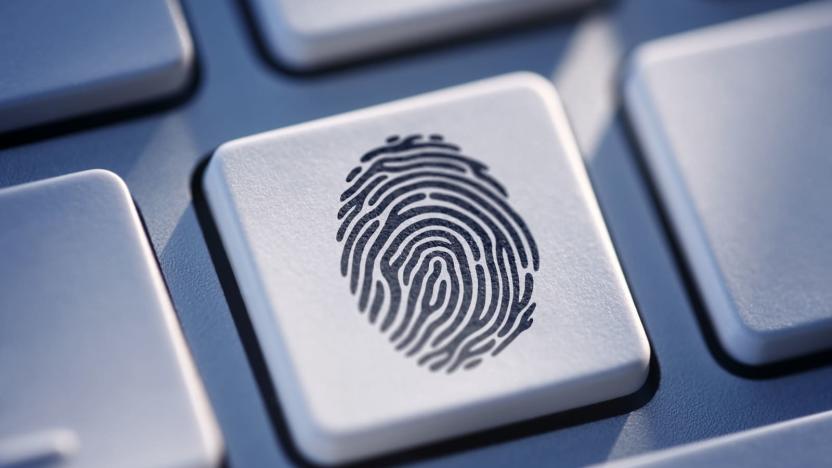
Web standard brings password-free sign-ins to virtually any site
Tech companies have been trying to do away with web passwords for years, but now it looks like they've reached a key milestone. The FIDO Alliance and W3C have launched a Web Authentication standard that makes it easier to offer truly unique encryption credentials for each site. That, in turn, lets you access virtually any online service in a PC browser through password-free FIDO Authentication, not just specific services. You can continue to use familiar methods like fingerprint readers, cameras and USB keys, and it can serve both in place of and in addition to passwords.
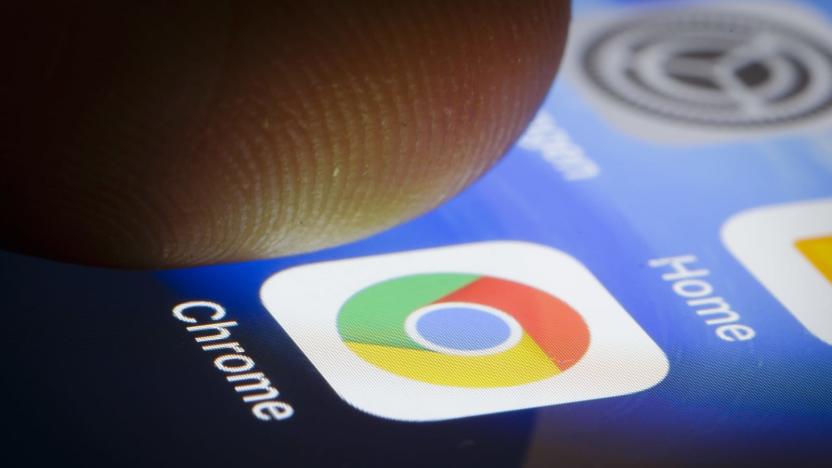
Google is trying to make its fast-loading web tech a standard
Google's Accelerated Mobile Pages have one main problem: they only work in a handful of places (mainly Google, Twitter, Bing and Baidu), which makes their fast-loading technology irrelevant everywhere else. Their underpinnings might not be confined for much longer, though. The search firm has launched a campaign to turn AMP-derived technology into a web standard. It's aiming to clean up and refine these technologies (which include pre-rendering, offline support and locking down features) so they're useful virtually everywhere. Sites that met the criteria could be treated the same way as AMP pages in Google's search results and Android's Top Stories news carousel.
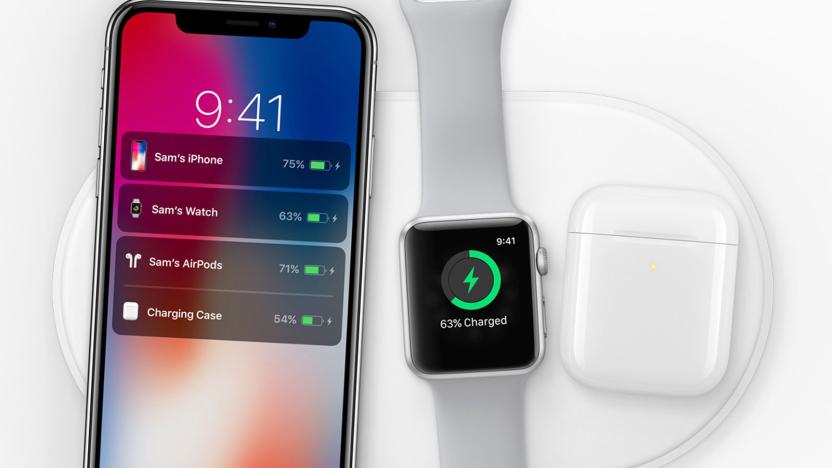
Apple's AirPower tech wirelessly charges multiple devices at once
Apple isn't just adding Qi wireless charging to its latest iPhones; it's trotting out a charging standard of its own. AirPower is built in partnership with Qi, but can top up multiple devices at once. At the September 12th presentation, Apple illustrated AirPower topping up an iPhone X, an Apple Watch and AirPods (with a new charging case) all at once. That's more than a little handy if you're traveling and would rather not lug around multiple adapters and cables. However, you'll have to wait to try it out.
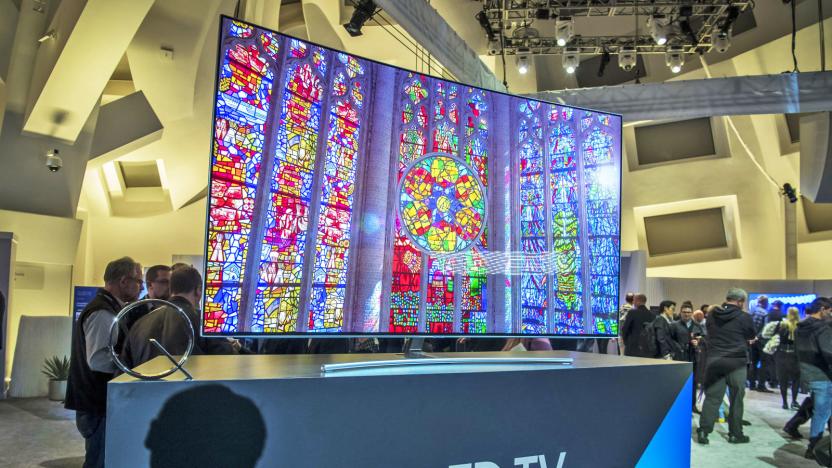
Samsung and Amazon counter Dolby Vision HDR with HDR10+
Samsung and Amazon have unveiled HDR10+, an improvement of its current HDR10 open standard that brings it more up to par with rival Dolby Vision. The partnership makes sense as Amazon will create and stream HDR content, while Samsung will include HDR10+ in all its 2017 4K TVs, and offer updates for last year's models. The tech will help them counter some, but not all, of Dolby Vision's advantages, while still letting Samsung and other manufacturers avoid paying Dolby licensing royalties.

California energy standard could cut PC power use by a third
Computers aren't the power hogs they used to be, but California's Energy Commission believes the industry can do better. It just revealed the likely final version of standards that would reduce PC and monitor energy use in the state, and likely the rest of the US by extension. By requiring technology that reduces idle power draw (like more efficient power supplies), the Commission estimates that it could cut about 1,636 gigawatt-hours of electricity use per year in California, or just under a third of the state's PC energy consumption.

Big tech companies want to make email more secure
Google, Microsoft, Yahoo, Comcast and LinkedIn have joined forces to create a new email mechanism that makes sure the messages you send are encrypted. In the proposal they've submitted to the Internet Engineering Task Force, these tech titans called their creation SMTP Strict Transport Security (SMTP STS). See, the underlying technology behind email has remained largely unchanged since it first became available. An encryption system was introduced some time ago -- and big email providers like Gmail do use it -- but it's susceptible to man-in-the-middle attacks.

Zepp wants rackets and bats to pack integrated sensors
Now that any athlete (or wannabe) can measure their baseball, tennis and golf swings with standalone sensors, Zepp figures that the next step is putting them directly into the sports equipment. The company announced that it's working with several equipment manufacturers to integrate its sensor and cloud tech directly into baseball bats, tennis and badminton rackets, cricket bats, glove gloves and other products. It also wants to partner with companies and sports' governing bodies to develop open-source sensor standards for both professional and amateur athletes.

New WiFi standard offers more range for less power
The WiFi Alliance has finally approved the eagerly-anticipated 802.11ah WiFi standard and dubbed it "HaLow." Approved devices will operate in the unlicensed 900MHz band, which has double the range of the current 2.4GHz standard, uses less power and provides better wall penetration. The standard is seen as a key for the internet of things and connected home devices, which haven't exactly set the world on fire so far. The problem has been that gadgets like door sensors, connected bulbs and cameras need to have enough power to send data long distances to remote hubs or routers. However, the current WiFi standard doesn't lend itself to long battery life and transmission distances.

Wireless charging's smaller players unite as the AirFuel Alliance
The wireless charging world can usually be reduced to two factions: the Qi standard... and then everyone else. However, those frequently neglected alternatives are now rallying around a common banner. Meet the AirFuel Alliance, the new name for the recent union between the Alliance for Wireless Power and the Power Matters Alliance. The name is a bit silly (fuel isn't exactly electric, folks), but it'll give Intel, Samsung and the 193 other member companies a clearer way to represent their "inclusive" approach to wire-free power.

Latest Qi spec promises fast wireless charging for your phone
Before long, you won't have to choose between charging your phone quickly and plunking it on a convenient wireless charger. The Wireless Power Consortium has rolled out a new version of the Qi standard that supports 15W fast wireless charging, much like the sort we saw late last year. The organization isn't making any performance claims at the moment, and it'll be a while before phone makers have compatible devices on store shelves. However, it's safe to say that this will save you some agonizing wait times -- you could return home from work, drop your phone on a pad and expect to have a meaningful amount of energy when you head out for the evening. [Image credit: Aaron Yoo, Flickr]

Human gene sequencing gets an official yardstick
Gene sequencing, once a rare feat, is pretty common these days... but how do you know that your DNA data is up to snuff? As of now, there's an easy way to find out. The National Institute of Standards and Technology (NIST) has released reference genetic material that serves as a "measuring stick" for human gene sequencing. Researchers have tested this sample genome so thoroughly that it'll tell labs whether or not they're making typical mistakes, and ensure that their results are trustworthy. The hope is that you'll see bulletproof sequencing devices that take the anxiety out of pinpointing genetic conditions or understanding your ancestry. [Image credit: Gerald Barber, Virginia Tech University (with permission of the National Science Foundation)]

Super-efficient 'Vulkan' leaves your games more graphics power
Psst: the games you play might not look as good (or run as smoothly) as they could. In many cases, the overhead from graphics standards gets in the way -- Apple went so far as to develop its own technology just to make sure that iPhones and iPads could live up to their potential. That bottleneck may not exist for much longer, however. The alliance behind the OpenGL video standard has given a sneak peek at Vulkan, an open standard that lets app writers take direct control of graphics chips and wring out extra performance on many devices, whether it's your phone or a hot rod gaming PC. The software isn't a magic bullet (developers still have to make good use of it), but it could easily lead to richer visuals and smoother frame rates without demanding beefier hardware.

MediaTek's standard lets your devices share their hardware
There are plenty of standards for sharing your media collection between devices, but what if you want to borrow a device's camera or display? MediaTek thinks it has an answer. Its new CrossMount standard lets devices share their hardware and software when they're on the same WiFi network, letting you use whichever components make sense in a given situation. You can use your phone's mic to dictate voice commands to your TV, for example, or use your phone's webcam for a video chat on your tablet.

Microsoft adopts a cloud standard that keeps your data private
Microsoft knows that you probably don't trust it completely with your sensitive info, especially if you live outside the US. What assurances will you get that you won't be spied on, or sold down the river? The company thinks it has an answer: it just became the first big service provider to adopt a new international standard for privacy in the cloud. The guideline requires that Microsoft give its business clients (and by extension, you) guarantees about what happens to online data. It'll only handle personal info according to instructions, makes it clear where that data is going, enforces strict limits on public use and promises that content won't be used for ads. Importantly, the measure also requires that Microsoft give a heads-up about government requests for data whenever the law allows.

New video spec clears the way for 8K laptop screens
Think your 4K laptop or 5K iMac is hot stuff? If specification developers have their way, both will soon be old hat. The Video Electronics Standards Association has unveiled Embedded DisplayPort 1.4a, a new format that lets all-in-ones and laptops use 8K screens (7,680 x 4,320, if you want to be exact). The technology uses compression to squeeze more data into the video feed, and it can divide displays into two or four segments to help the pipeline cope with all those extra pixels.

Gibson's Les Paul headphones take design cues from the iconic guitar
Gibson's fitness-minded headphones may get most of the attention here at CES, but venture inside the company's tent, and you'll discover yet another line of cans. And these are much more in line with what I'd expect from the guitar maker. In fact, the inspiration comes from the Les Paul: an iconic guitar that debuted in the '50s and named for the musician who first endorsed it. It's still a popular choice for pickers. Later this year, Gibson will equip Les Paul owners and admirers with a new series of headphones that get their aesthetics from the design of the classic axe. Just like the guitar, there will be a range of choices, including Standard (over-ear) and SG (on-ear) models that pack regular, Lightning and wireless connectivity.

Tech industry completes its standards for banishing passwords
Hate typing passwords? You might not have to enter them for much longer. The FIDO Alliance (backed by Google, Microsoft, PayPal and Samsung, among others) has just published the completed versions of its password-free standards for both regular and two-factor authentication. Apps and websites using the technology can now rely on a number of easier and typically more secure ways to sign you in, such as fingerprint readers and USB dongles, without having to worry about the exact device you're using. There are already some hardware and software solutions that play nicely with FIDO, but the existence of firm specs should significantly boost your choices in 2015.



